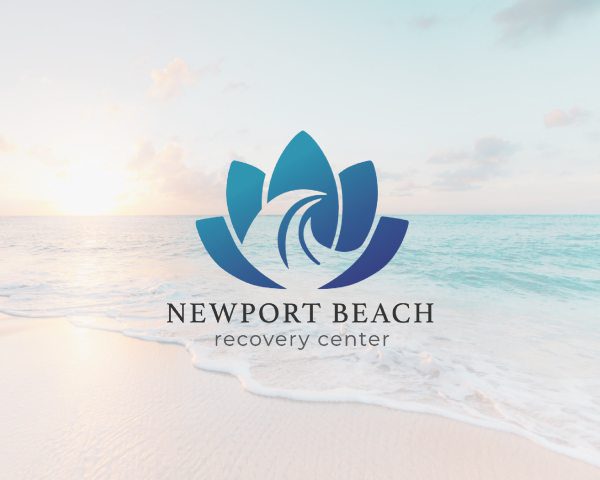Overcoming drug and alcohol addiction is tough for anyone, but modern research is indicating that women are less likely than men to undergo treatment. This is because of a multitude of factors, including the fact that women often do not have easy access to treatment. Furthermore, many addiction treatment programs have not been updated in years, and they stem from methods that were primarily geared towards male clientele at one point in time. In reality, women and men tend to experience addiction differently in the first place.
Fortunately, an increasing amount of treatment programs (like those at Newport Beach Recovery) are starting to both recognize the problem and address it. While all people may benefit from gender-specific treatment, women, in particular, may experience higher success rates and greater life improvement in general.
It’s natural to have questions. But if you or a loved one are suffering from addiction, there’s no better time than now to find a treatment program that works. Here’s how gender-specific addiction treatment can be beneficial for women.
How Do Women Experience Addiction Differently?
To fully understand how gender-specific treatment works, it is important to realize the ways in which a person may experience addiction based on their gender. While on the surface it may not seem that gender plays much of a role in addiction, the truth is quite the contrary. In addition to many women not having easy access to addiction treatment, women also tend to be more hesitant to seek treatment in the first place. Because of women’s average lower body weight and naturally higher proportions of fatty tissue, women also tend to become addicted faster to substances and experience more severe effects.
According to the National Institute on Drug Abuse, women also tend to relapse more often than men even after seeking treatment.
What Do the Statistics Say?
National data consistently demonstrates that gender plays an important role in addiction and recovery. In fact, a report by the Substance Abuse and Mental Health Services Administration (SAMHSA) recently showed that fewer women overall use substances, but they are more likely to use certain ones than men are. Specifically, far higher percentages of women than men tend to use opioids, prescription pain relievers, methamphetamine/amphetamine, heroin, cocaine, etc. than their male counterparts (who stick more to alcohol and marijuana).
It may also be because of these differences that women tend to relapse more often and experience more intense cravings. Though the studies here can be a little conflicting at times, the general consensus about women having a more difficult time staying sober remains the same.
Likewise, a study from DrugAbuse.gov shows that women use smaller amounts of substances for shorter periods of time before becoming addicted. Around 19.5 million U.S. women over the age of 18 use illicit substances in a single year alone. The same study also cited data from the American College of Obstetrics and Gynecology (ACOG) that shows pregnant women who use drugs or alcohol are two to three times more likely to miscarry or deliver a stillborn baby. Meanwhile, those that are born to mothers who used substances during pregnancy are at a far higher risk of a wide variety of medical disorders.
What Exactly is Gender-Specific Treatment?
It’s crucial for successful addiction treatment programs to take into account the fact that drugs and alcohol tend to affect women more severely. And because women are at a higher risk of relapse, any program that is geared towards them must have a strong focus on preventing relapse. Gender-specific treatment goes far beyond the initial stages of detoxification and incorporates various physical and mental therapy methods to help with this.
More specifically, the National Institute on Alcohol Abuse and Alcoholism stipulates that a gender-specific treatment program (for any substance, not just alcohol) must meet the following criteria:
- They seek to improve/provide care for women who seek help with their mental health
- They refer women to specialized treatment for their specific addiction
- They are aware of and identify certain groups of women who may benefit the most from gender-specific intervention and treatment
- They take certain female-specific risk factors into account
How is the Right Gender-Specific Treatment Program Found?
Overcoming any kind of substance addiction is challenging regardless of gender. And just like men, women should carefully consider their treatment options before just jumping into the first program they find. That said, it is important to ask questions early on about what to expect while in treatment and how successful the program has been for others. And as far as gender-specific addiction treatment goes, it may be worthwhile to ask how many other women have been treated as well as how many women are on staff.
But it’s crucial not to wait. To learn more about gender-specific treatment, contact the experienced and caring professionals at Newport Beach Recovery today.

